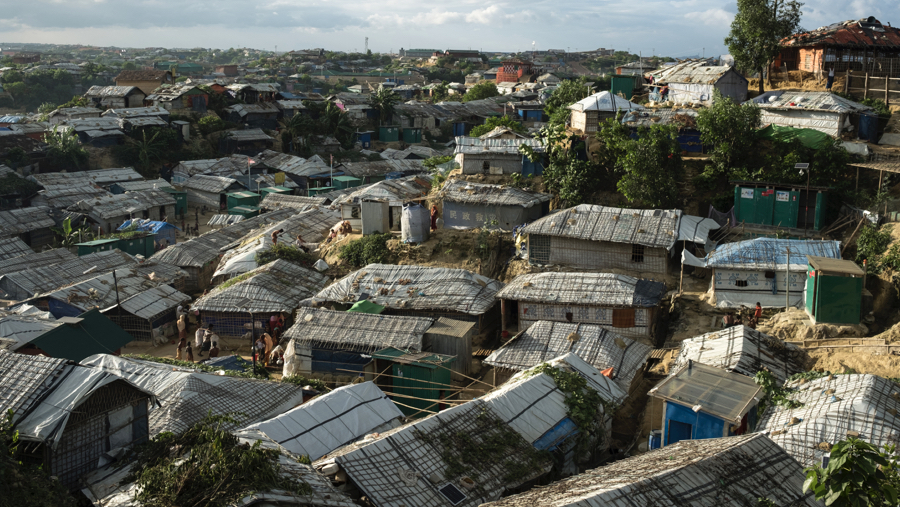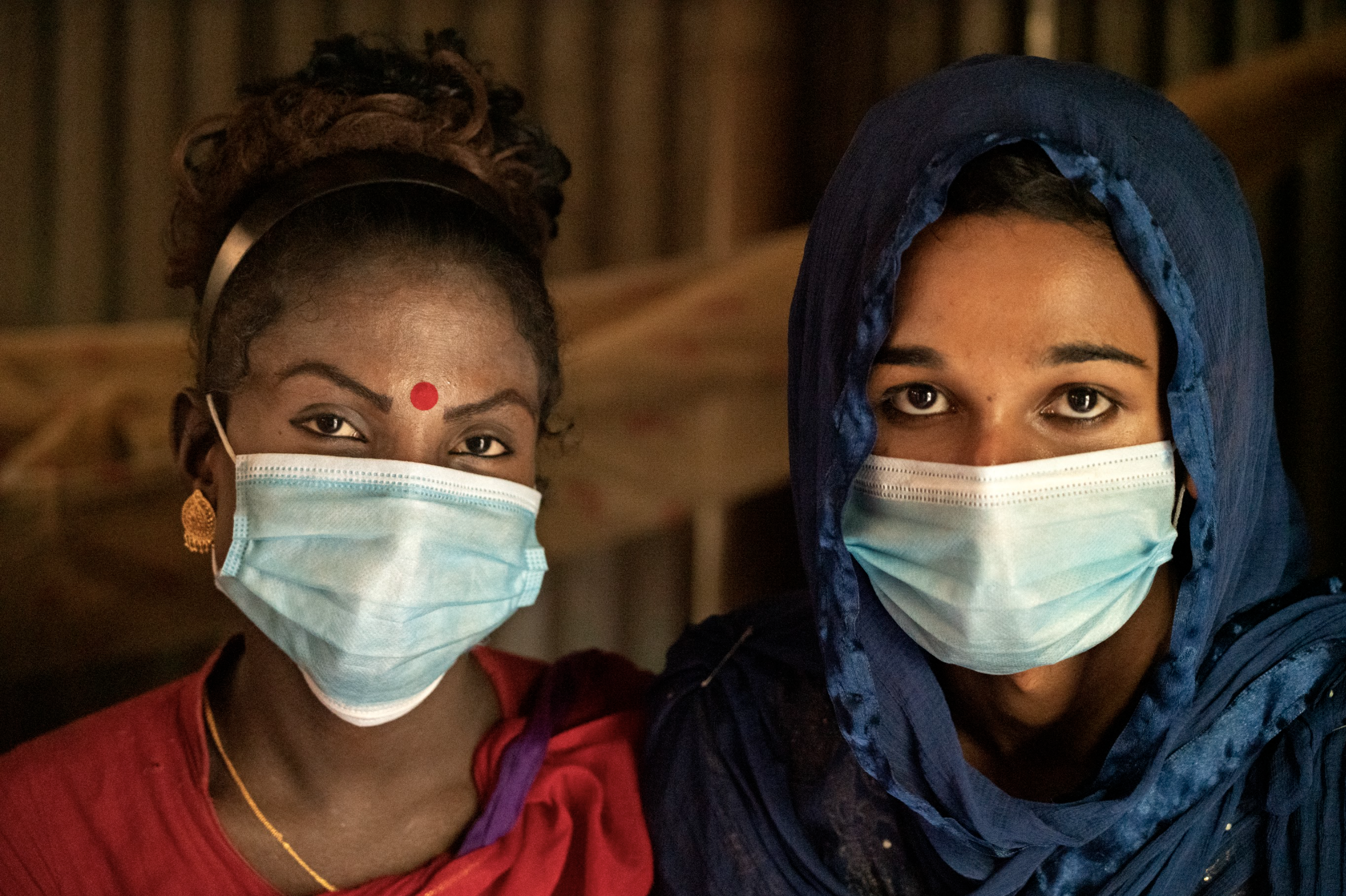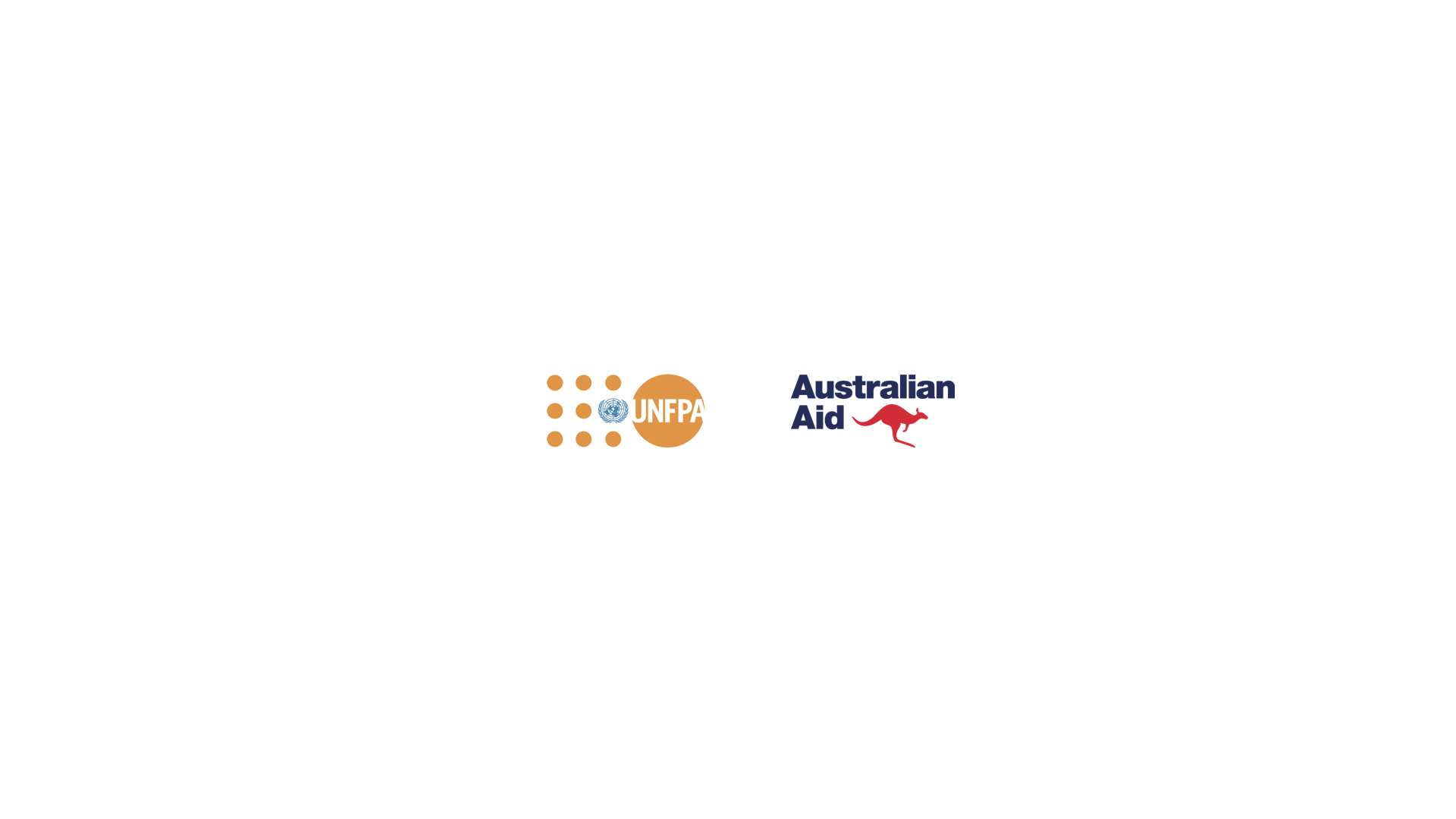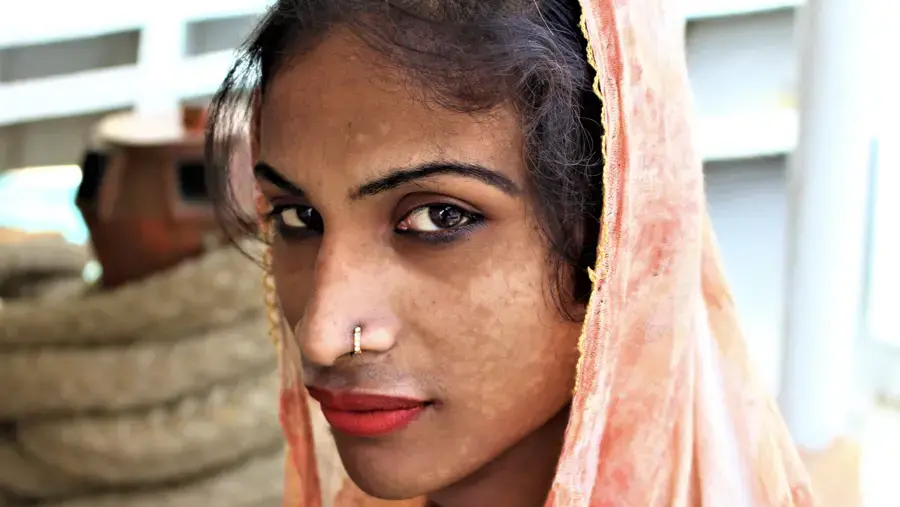“Third gender people have human rights”
“Third gender people have human rights”
Md. Fosiul Ahsan is part of the UNFPA Bangladesh team responding to the Rohingya refugee crisis in Cox’s Bazar. He works on a holistic program to extend support to transgender or third gender people living in host communities and in challenging camp conditions where security fears are ever-present.
“The needs of transgender sometimes do not make it onto the development or humanitarian agenda,” Fosiul says. “Within their own community there is a lack of acceptance because of the deep-rooted conservativeness in the society.”
Fosiul says that third gender people often become victims of bullying. Through engagement with third gender communities, UNFPA identified a critical gap in its humanitarian response: there was no intervention for gender diverse communities and their mental health needs.
“The needs of transgender sometimes do not make it onto the development or humanitarian agenda."
With support from the Government of Australia, Department of Foreign Affairs and Trade (DFAT), UNFPA and national partners have been operating a wellness centre that provides services to both the host and the Rohingya communities. The centre includes everything from skills training to testing and services for sexually transmitted infections and HIV. “Everything is holistic support to cover their maximum needs within the available resources,” Fosiul says.
Establishing this centre created tension in the community that was sometimes deeply opposed. “Many people do not like transgender people,” he says. “They mock them, name them and they do not want to see transgender people.”

Resistance to third gender people in the community can even be violent. Fosiul shares the story of a trans woman named Asha who was targeted and abducted by a fanatical group.
“They blindfolded her and took her to a remote place and beat her severely with an iron rod and razor blades,” Fosiul says. Asha endured days of horrific violent abuse and threats to her family.
“After the beating, the terrorist group came to her house and all her dresses were dragged out. They burned her clothes, cut her long hair and publicly shaved her head.”
“After the beating, the terrorist group came to her house and all her dresses were dragged out,” he says. “They burned her clothes, cut her long hair and publicly shaved her head.”
Fosiul says this level of intolerance and menace makes the wellness centre a safe space and lifeline for the gender diverse community. After the abduction, the centre provided services and got Asha the medical attention she desperately needed.
Once she recovered, Asha declined to make an official complaint to the camp authorities because she feared they would attack her family. “Asha is staying with her family now and she is under continuous supervision of the counsellor from our center,” Fosiul says. “She is coming to the centre every week and little by little she is recovering.”
He says cases like Asha’s illustrate the critical need to expand mental health support for the gender diverse community in the camps.
“Third gender people have human rights. They have the right to live in society."
“Third gender people have human rights,” Fosiul says. “They have the right to live in society. They need to earn their livelihood.”
In addition to providing free treatment, mental health and legal case support, the centre is also a hub for learning, sharing skills and helping third gender people set up small businesses.
“We are doing advocacy work to give people employment opportunities,” Fosiul says. “The government has declared a provision that any organization employing a certain number of third gender people will receive a 5% tax rebate.”
This incentive encourages companies to prioritize hiring third gender employees. Fosiul and his team are working with members of the gender diverse community to get the necessary skills that will help them land jobs created by this policy shift.
“We are providing livelihood training on tailoring,” Fosiul says. “We provided sewing machines which were not in the original plan but we found that training alone was not sufficient. Providing them with a sewing machine means they can learn and then translate that learning into their lives.”

Portraits of third-gender community members in Kurigram. ©UNFPA Bangladesh/Prince Naymuzzaman
*Asha is a pseudonym to protect her identity.

This work was made possible through funding from the Government of Australia, Department of Foreign Affairs and Trade (DFAT) in support of a regional COVID-19 project implemented by UNFPA and partners.
Learn more
Minimum Standards for Prevention and Response to Gender-based Violence in Emergencies
Heading Photo: Shilpa Hijra is a transgender woman from Bangladesh. ©UNFPA/ Md. Masbah Uddin Ahmed


